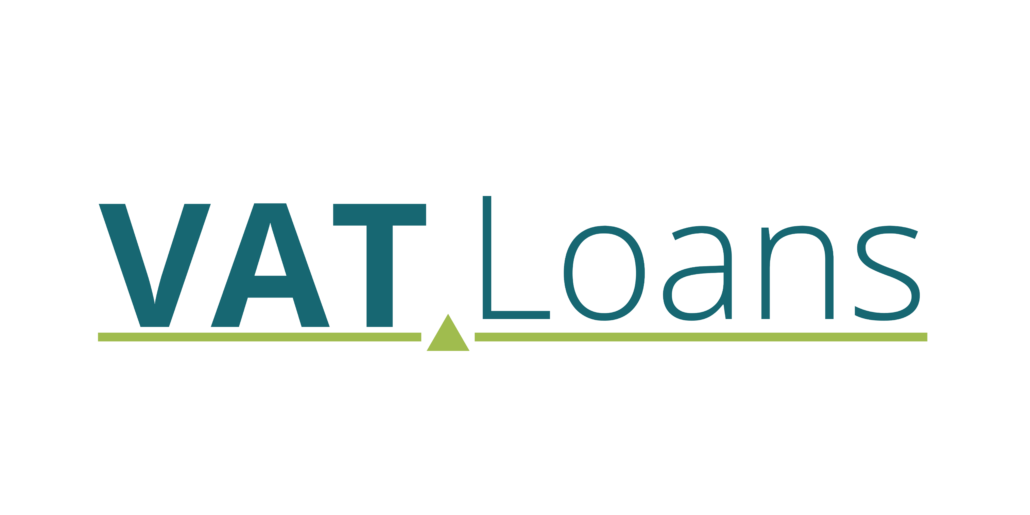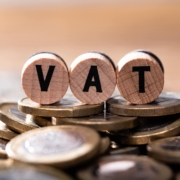Who Called Me 01494 956 871?
A Legitimate Introduction from VATLoans.co.uk
If you have recently received a call from 01494 956 871, this was a genuine introductory call from VATLoans.co.uk, a UK-based VAT finance provider.
From 9th March 2026, we are contacting accountancy firms across the United Kingdom as part of a structured outreach programme to introduce our specialist VAT loan services for UK businesses.
This page has been published for full transparency, so accountants can verify who we are and why we may be contacting your practice.
Calls From 01494 956 871 Are Legitimate
Telephone calls made from 01494 956 871 are official calls from VATLoans.co.uk, a trading name of Tax Funding Limited.
If you search this number online, you may see this page — that is intentional. We want firms to be able to confirm:
The call is genuine
It is not spam
It is not a scam
It is not an automated AI system
All calls are made by real team members introducing our VAT funding services.
You are always welcome to call us back directly on 01494 956 871 to verify the conversation.
What Is VATLoans.co.uk?
VATLoans.co.uk provides short-term business finance to help UK companies spread the cost of their HMRC VAT liabilities over manageable monthly payments.
Rather than paying a full quarterly VAT bill in one lump sum, eligible businesses can:
Spread payments over an agreed term
Protect working capital
Avoid unnecessary cash flow pressure
Reduce the need for HMRC Time to Pay arrangements
We work alongside accountants — not in place of them.
Why We Are Contacting UK Accountants
Every quarter, thousands of UK businesses experience cash flow strain when VAT payments fall due.
However, awareness of specialist VAT finance remains relatively low.
Our outreach programme aims to:
Introduce VAT loan funding as an additional client solution
Explain how the facility works
Offer accountants a transparent funding partner
Provide a structured alternative to HMRC Time to Pay
We are not replacing existing banking relationships. We simply offer an additional funding option when clients need flexibility.
Who Is Behind VAT Loans UK?
VATLoans.co.uk is a trading name of Tax Funding Limited, part of the WestWon Group.
Our financial heritage dates back nearly 50 years.
Our asset finance history began on 25 June 1976 with the acquisition of Power Leasing Limited, now known as:
WestWon Leasing Limited
Company Registration Number: 01265442
Additional group entities include:
Tax Funding Limited – Company Registration No. 04855916
WestWon Limited – Company Registration No. 05282535
WestWon is an established and respected provider of asset finance in the UK market.
Tax Funding Limited builds on that experience, focusing specifically on helping UK businesses manage VAT liabilities through structured VAT loans.
We are a legitimate UK-based financial services business operating under UK management and compliance standards.
Why You May Hear a South African Accent
Our outbound calling team is based in Cape Town, South Africa.
They are fully trained representatives operating under UK compliance guidelines and management oversight.
They are:
Real people
Professionally trained
Representing VATLoans.co.uk directly
There are no automated robocalls or AI bots.
What to Expect on the Call
If your firm receives a call, it will typically include:
A brief introduction to VATLoans.co.uk
An explanation of how our VAT loan facility works
A simple question about whether further information would be helpful
There is absolutely no obligation.
If the service is not relevant to your practice, simply let us know.
How to Verify VATLoans.co.uk
You can independently verify us by:
Visiting: https://www.vatloans.co.uk
Visiting: https://www.westwon.co.uk
Searching Companies House for our registered entities
Calling us directly on 01494 956 871
Emailing: [email protected]
We welcome due diligence and transparency.
How VAT Loans Support Accountants and Their Clients
VAT funding can help:
Protect client working capital
Avoid last-minute borrowing
Reduce pressure before VAT deadlines
Provide structured, predictable repayments
Our objective is to build long-term relationships with UK accountancy firms by offering a straightforward and transparent funding solution.
Frequently Asked Questions
Is 01494 956 871 a scam number?
No. This is the official telephone number of VATLoans.co.uk, a trading name of Tax Funding Limited.
Are VATLoans.co.uk calls automated?
No. All calls are made by trained team members.
Is VATLoans.co.uk FCA regulated?
Tax Funding Limited is an Appointed Representative of WestWon Limited, which is authorised and regulated by the Financial Conduct Authority, Registration Number 738235.
Is this replacing HMRC Time to Pay?
No. VAT loans are simply an additional funding option that may suit some businesses.
Can I request not to be contacted?
Yes. Please email [email protected] and we will respectfully remove your details from our database.
Prefer to Contact Us First?
If you would prefer to speak to us proactively, please call:
01494 956 871
Email: [email protected]
Our UK directors and senior management team are available should you wish to speak directly











